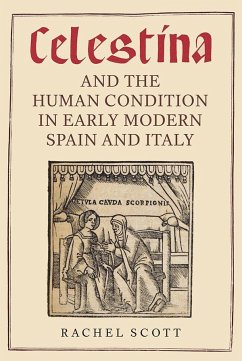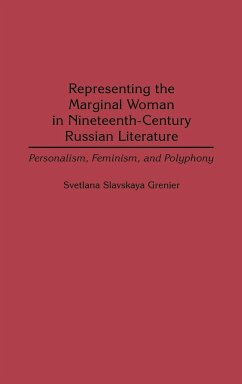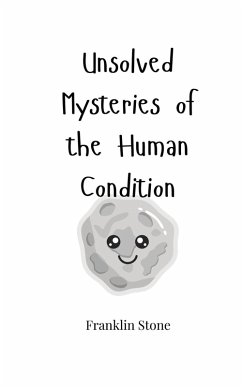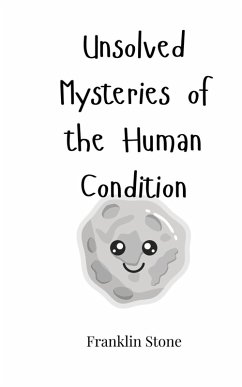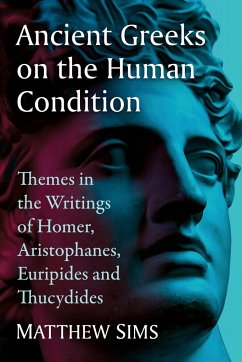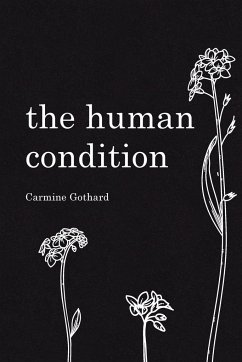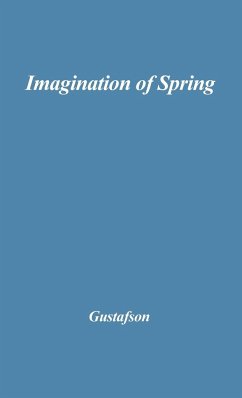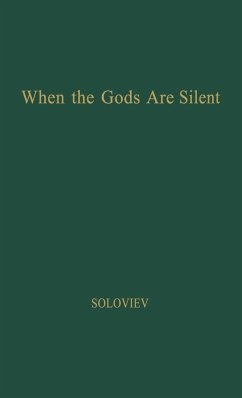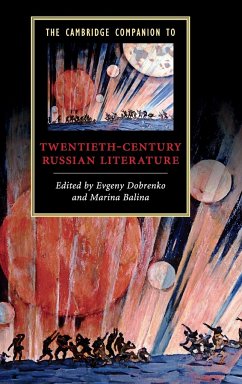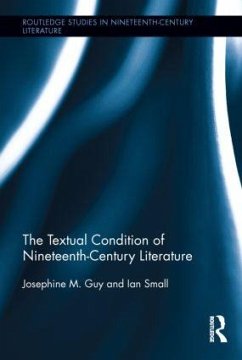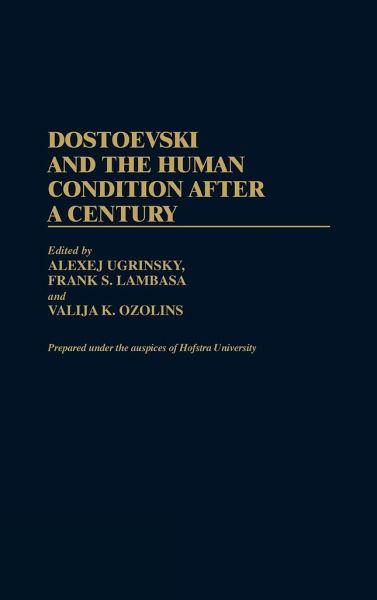
Dostoevski and the Human Condition After a Century
Versandkostenfrei!
Versandfertig in 1-2 Wochen
89,99 €
inkl. MwSt.

PAYBACK Punkte
45 °P sammeln!
Among nineteenth-century novelists, there is probably none who speaks so directly to the modern reader as Fedor Dostoevski. His visions of alienation and terror have not lost their power to shake our complacency even in this present age, hardened as it is to violence and social decay. In this stimulating collection of essays, a distinguished group of specialists in comparative literature and the social sciences explores the themes and problems with which Dostoevski struggled as both a writer and as a man and assesses their continuing relevance to the modern world. Encompassing a wide range of ...
Among nineteenth-century novelists, there is probably none who speaks so directly to the modern reader as Fedor Dostoevski. His visions of alienation and terror have not lost their power to shake our complacency even in this present age, hardened as it is to violence and social decay. In this stimulating collection of essays, a distinguished group of specialists in comparative literature and the social sciences explores the themes and problems with which Dostoevski struggled as both a writer and as a man and assesses their continuing relevance to the modern world. Encompassing a wide range of topics and perspectives, this collection enriches our knowledge and appreciation of a writer whose prophetic visions of alienation and explorations of the dark side of the human psyche continue to fascinate readers and students of the human condition.





